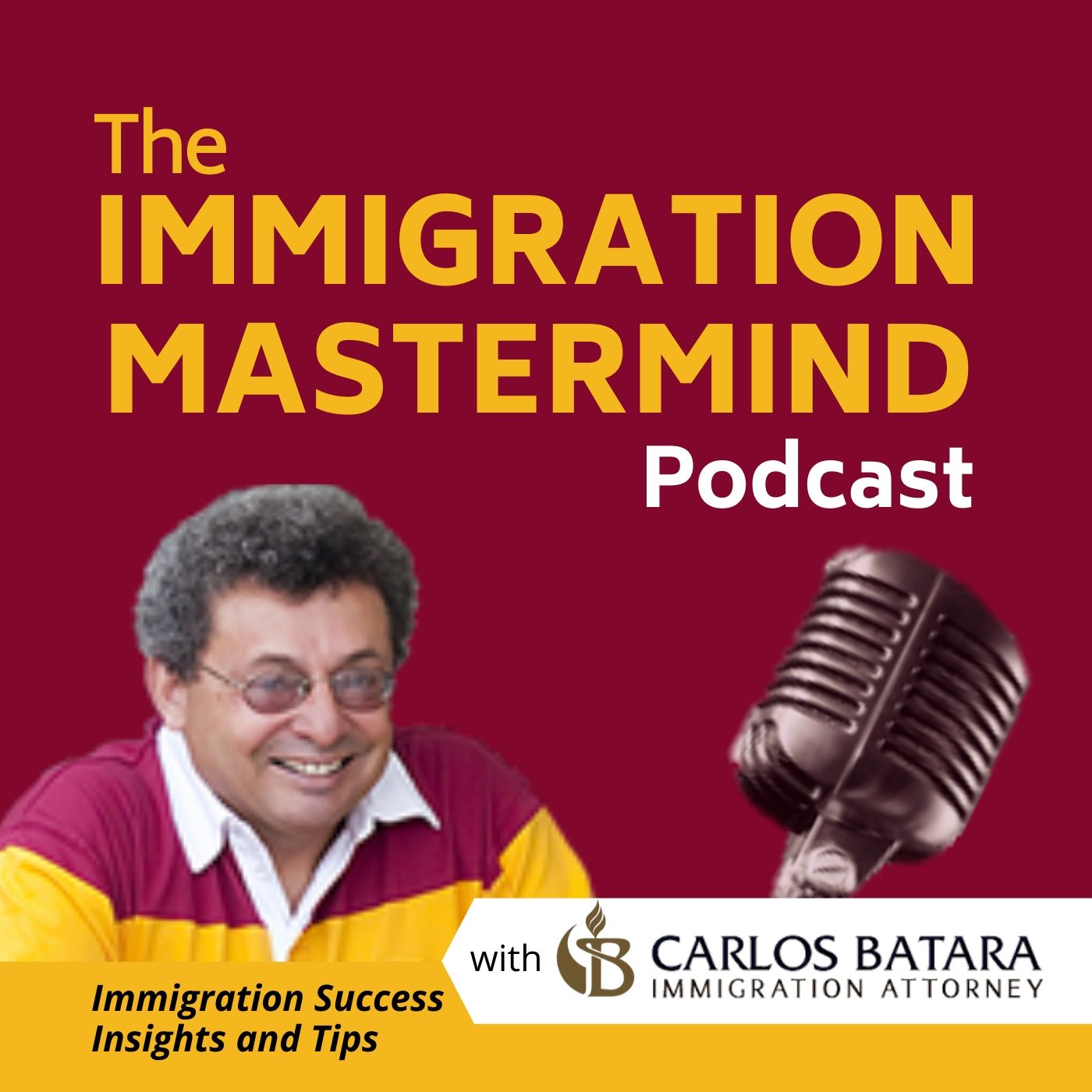What Is Parole?
A person can enter the U.S., and even be living in the U.S., without having been legally admitted.
If a person has made a lawful entry, this means they have been inspected and authorized to come into the country. This is deemed a lawful entry.
Parole, on the other hand, allows immigrants to enter or live in the U.S., as if they have been admitted, for a temporary period, even though they have not made been admitted.
There are three different types of parole.
Related Podcasts:
Episode 158: Too Little, Too Late: Filipino World War II Veterans
Episode 139: The Unfortunate Roots Of DACA
Recommended Links For More Information:
Grandfathering: How To Win Adjustment Of Status Under INA 245(i)


